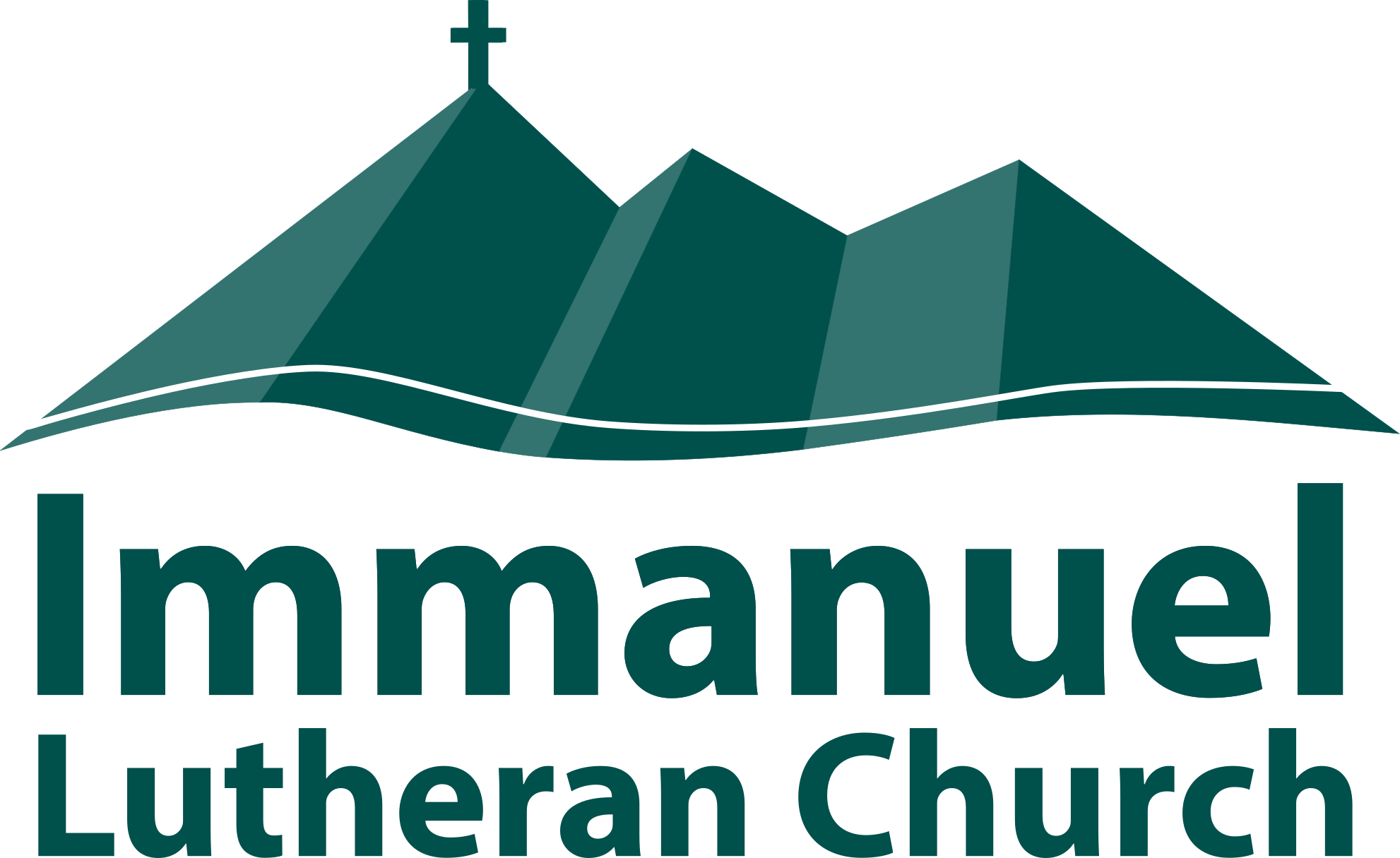Also known as Holy Communion
Please refer to our monthly calendar for when we celebrate the Lord’s Supper during worship.
Want to know more about the Lutheran perspective of the Lord’s Supper? See this video:
“…For whenever you eat this bread and drink this cup, you proclaim the Lord’s death until he comes.”
1 Corinthians 11:26
Why do we celebrate it?
Unlike baptism which is a one time event, Jesus Himself has told us that the regular ongoing celebration of this meal is to be a part of our life together as a community of faith. In the famous moment known as the “Last Supper” Jesus broke bread with his closest followers and said, “This is my body given for you,” and then he took the wine and said, “This cup is my blood of the covenant, which is poured out for many for the forgiveness of sins. Do this in remembrance of me.” (Matthew 26:26-28, Luke 22:19-20)
What happens in the Lord’s Supper?
We take Jesus at His word when he says that we should receive the bread and wine given in this meal as His very own body and blood. (Matthew 26:26-28; Luke 22:19-20) Since we hold to a high view of Scripture, we do not attempt to peer around or beyond these words and see them as purely symbolic or sentimental. Rather by faith we believe that in this meal we receive both bread and wine and the body and blood of Jesus. Why? Because Jesus said so.
Likewise, the Apostle Paul in the New Testament tells us that there are some extraordinary things happening in this Supper. He warns the church in Corinth that to take this meal lightly or to do so in an unworthy manner is a sin against the “very body and blood of the Lord.” Paul goes on to say that anyone who takes part in this meal without recognizing the body of the Lord that is present there, does so to his/her judgement. If this meal were purely symbolic then why worry about the spiritual harm? Indeed, Paul is saying that in this meal – through the promise of Jesus Himself – the body and blood of the Lord are present, and carry spiritual power. (1 Corinthians 11:27-29)
Therefore, we – as well as the vast majority of Christians throughout history – believe that Jesus’ body and blood are really present in and with the bread and the wine. We also hold that in this meal God grants the faith which receives the forgiveness of sins and the promise of eternal life. Why? Once again we go back to the words of Jesus Himself, “…this is my blood of the covenant, which is poured out for many for the forgiveness of sins…” (Matthew 26:28)
G.E. Veith puts it like this, “In the sacrament, Christ gives Himself to me. All of His promises and everything that He did for my redemption and forgiveness on the cross, are made so tangible I can taste them. I am touching, in fact, the risen Christ as the first disciples did. And God’s Word, ringing in my ears as I take this nourishment, tells me that His body and blood are for me.” (The Spirituality of the Cross by G.E. Veith, p.52)
Who can take the Lord’s Supper?
While some who support a symbolic view of the Lord’s Supper allow any and all to take part in this meal, the church family at Immanuel Lutheran sees things differently. The Apostle Paul is clear in his teaching that both the ability to “examine” oneself inwardly as well as an ability to “recognize” what is occurring in the meal are both essential in celebrating it in a worthy manner. (1 Corinthians 11:27-30)
Question! How do we exam ourselves? Whose standards do we use for our examination? What does God’s Word say about our ability, willingness, and track record on loving God and loving our neighbour? The Ten Commandments speak to our life and relationships.
Those receiving the Lord’s Supper should be able to answer “Yes” to the following questions:
- Do you believe that you are a sinner in need of forgiveness of sin and do you intend to turn from your sin to start a new life?
- Do you believe that Jesus’ body and blood are really present in this meal to grant you forgiveness and assure you of your salvation?
The Lord’s Supper – Bottom Line
As we come around to the altar, we are all on equal footing with our loving God. We all come needing forgiveness and we all walk away forgiven in this meal.
